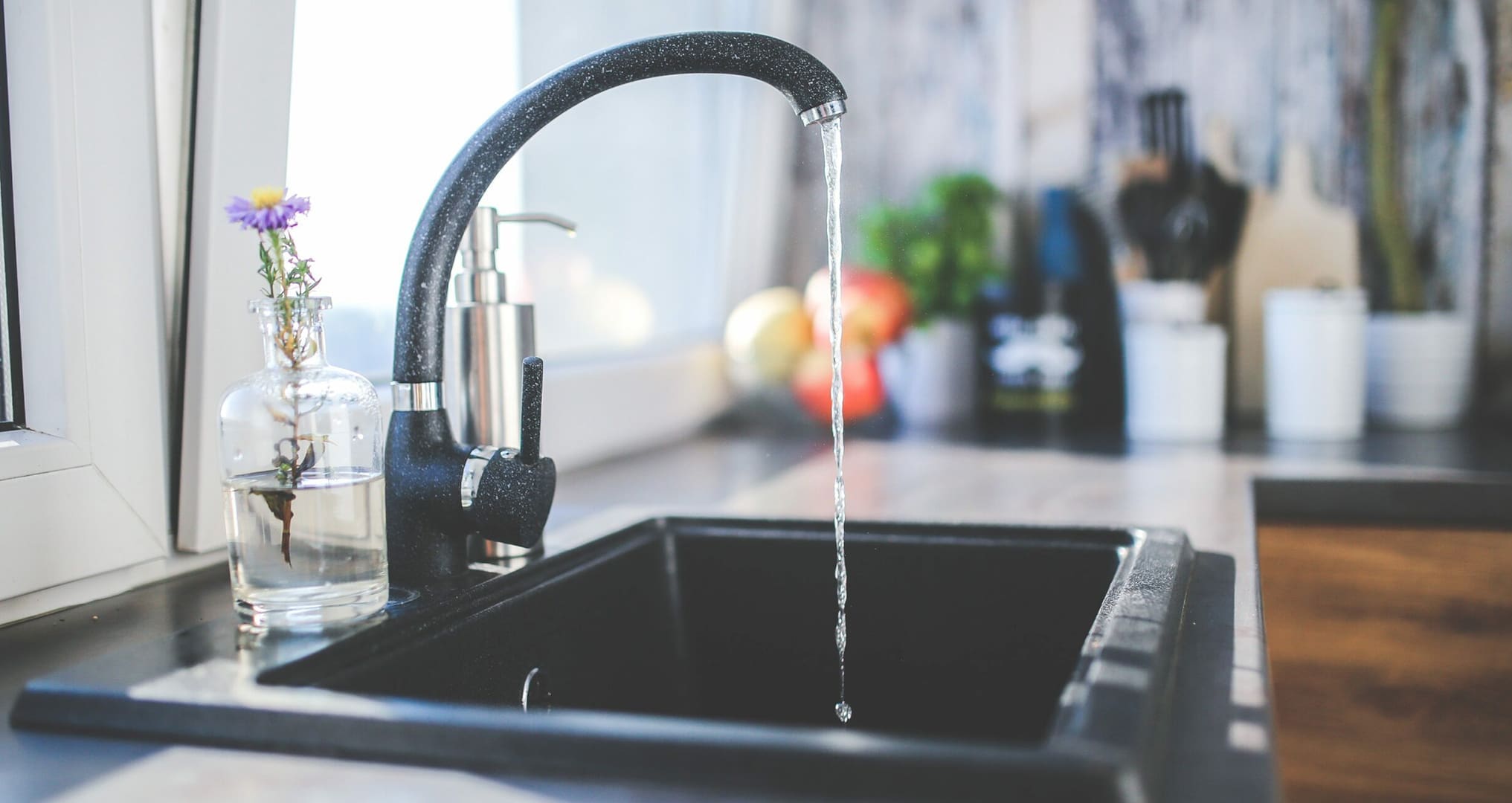
What Are the Risks of Drinking Tap Water?
Tap water is convenient—but is it truly safe? Many households trust their municipal supply without realizing the hidden dangers it may contain. From chlorine byproducts to heavy metals and microplastics, the side effects of drinking tap water can impact your health over time. In this blog, we’ll explore the disadvantages of tap water, answer the question “Is tap water bad for you?”, and share how modern filtration systems like Artesian’s bottleless solutions offer a cleaner, safer alternative.
The Hard Truth About Drinking Tap Water
Within the past century, the extensive use of chemicals in agriculture and big industry has polluted every source of water on the planet. Traces of toxic synthetic chemicals can even be found in polar icecaps and the Arctic Ocean. Despite our intelligence, we’re literally destroying our supply of the two most essential elements of life.
According to the Environmental Protection Agency, there are over 700 chemicals in our drinking water, and that includes “clean” sources such as wells and springs. Of all the dangerous chemicals found in drinking water, chlorine, and fluoride are two of the most prominent.
Side Effects of Drinking Tap Water
While tap water in many areas meets basic safety standards, long-term consumption can expose individuals to trace contaminants that accumulate over time. These may include industrial runoff, aging pipe residue, or disinfectant byproducts—each linked to potential health concerns such as digestive irritation, hormonal imbalance, or weakened immune function. Additionally, individuals with sensitivities or compromised health conditions may experience heightened side effects from drinking tap water regularly, including skin flare-ups or headaches. Choosing a high-performance filtration system helps reduce these risks and supports daily wellness through cleaner, safer hydration.
What are the risks of chlorine in drinking water?
The three most common types of chlorine used in water treatment are chlorine gas, sodium hypochlorite, and calcium hypochlorite.
The Water Quality and Health Council has written extensively that chlorination of drinking water protects consumers from diseases caused by waterborne microorganisms like bacteria and viruses, and only chlorine-based disinfectants provide large-scale residual protection from the drinking water treatment plant to the tap.
However, the risks seem to far outweigh the benefits, as made evident in studies linking repeated exposure to trace amounts of chlorine in water with higher incidences of bladder, rectal, and breast cancers. The problem lies in chlorine’s ability to interact with organic compounds in freshwater to create trihalomethanes (THMs), which when ingested can encourage the growth of free radicals that can destroy or damage vital cells in the body. Besides cancer, exposure to THMs has been linked to other health issues including asthma, eczema, heart disease, and higher miscarriage and birth defect rates.
What are the risks of fluoride in drinking water?
Water authorities add fluoride to the municipal water supply because studies have shown that adding it in areas where fluoride levels in the water are low can reduce the prevalence of tooth decay in the local population. However, concerns have arisen regarding fluoride’s effect on health, including problems with bones, teeth, and neurological development. Excess exposure to fluoride can lead to a bone disease known as skeletal fluorosis. Over many years, this can result in pain and damage to bones and joints. Additional effects caused by increased exposure and consumption of fluoride can include:
- Acne and other skin problems
- Cardiovascular problems, including arteriosclerosis and arterial calcification, high blood pressure, myocardial damage, cardiac insufficiency, and heart failure
- Reproductive issues, such as lower fertility and early puberty in girls
- Thyroid dysfunction
- Conditions affecting the joints and bones, such as osteoarthritis, bone cancer, and temporomandibular joint disorder (TMJ)
- Neurological problems, possibly leading to ADHD
How can you protect yourself from drinking water chemicals?
- Drink Clean Water: a 9-stage filtration process paired with reverse osmosis is one of the safest routes you can go.
- Beware of Bottled Water: Bottled water is not the healthy option many people think it is. In fact, some . The plastic bottle it comes in makes matters worse by leaching chemicals into the water, especially if it’s been exposed to heat. Furthermore, the enormous quantity of plastic bottles being produced has created significant environmental concerns. While there are some quality brands of tap water, it’s best to drink filtered water as often as possible.
- Avoid Plastic: As mentioned, plastic containers leach toxic chemicals into the water they contain. This means you want to avoid plastic cups, jugs, and sports bottles as often as possible. The best options are glass or stainless steel.
- Invest in the Best: Consider a water system that has a filtration system, is pH balanced, eco-friendly, and doesn’t involve the heavy lifting of those enormous water jugs.
How can you test if your tap water is safe?
Inexpensive home drinking water test kits (from $5 on up) that can detect levels of chlorine and other elements in water are widely available from online vendors. Administering the tests is easy and can provide parents with a way to involve kids in science for a practical purpose right at home.
Ready to guarantee your drinking water is safe?
Avoid the risks of drinking tap water altogether with a bottleless water system that fits your office best. Artesian Bottleless Water offers delicious, chemical-free water, always on tap, and we would love to install a unit in your space for a free trial Contact our location nearest you for more information.



